The Rizal Monument is the main attraction inside Rizal Park (which is still popularly known today as Luneta Park) in Manila, Philippines. It is usually looked upon as the main monument in the Philippines because it was built to commemorate the country’s national hero, Dr. Jose Rizal. The Rizal Monument consists of an obelisk set upon a platform, with a bronze sculpture at the base of the obelisk. It is located near the site where Rizal was executed on December 30, 1896.
The entire Rizal Park as well as the Rizal Monument is managed by the National Parks Development Committee, a connected agency of the Department of Tourism. The place is guarded continuously by official soldiers known as the Kabalyeros de Rizal (Knights of Rizal). People try to mock at the two ceremonial guards but they couldn’t get any response from them. The focus of the two soldiers is awe-inspiring because no movements can be seen unless they take their 15-minute break every couple of hours or so.
A plaque on the west side of the monument reads: “To the memory of José Rizal, patriot and martyr, executed at Bagumbayan Field December thirtieth 1896, this monument is dedicated by the people of the Philippine Islands”.
The Rizal Monument was planned and constructed during the American colonial period of the Philippines in the early 20th century. In September 1901, the Philippine Assembly Act No. 243 “granting the right to use public land upon the Luneta in the City of Manila” and upon which “a monument shall be erected to Jose Rizal, the Philippine patriot, writer and poet”. The act declared that the monument would not only bear a statue of the hero, but would also house his remains.
A competition for the design of the memorial attracted the interest of several well-known sculptors from around the world. The first place winning design, however, was not constructed due to the failure of the sculptor to post a bond for the duration of the monument’s creation. Instead, what was constructed was the second place design by Swiss sculptor Richard Kissling. The Rizal Monument was completed in 1913, nearly 17 years after Rizal’s execution.
In 1961, a plan to renovate Rizal Park resulted in a stainless steel pylon being superimposed above the stonework obelisk of the Rizal Monument, increasing the structure’s height to 30.5 meters. The modification was broadly disapproved of, and the pylon was removed by 1962.
Dr. Jose Rizal is notably known for being a patriot and the most prominent advocate for reforms in the Philippines during the Spanish colonial era. When he was exiled in Dapitan, he bought a 16 hectare estate in Barangay Talisay. The site is now known as Rizal Shrine in Dapitan, visited by hundreds of domestic and foreign tourists.
Today, people can see thousands of Rizal Monuments spread all over the Philippines. Most of them can be seen in City Halls, Schools and Plazas (see examples: Davao Rizal Park & Dapitan City Plaza). These monuments give honor to the country’s political figure and national hero, José Protasio Rizal Mercado y Alonso Realonda.
The Rizal Monument is along Roxas Boulevard, located directly in front of Kilometer Zero and Quirino Grandstand. At the back of the grandstand is Manila Ocean Park where one can experience the Fish Spa and Musical Fountain Show. The Ninoy-Cory Aquino Monument is about 300 meters going northwest and the Pasig River is further ahead, about 2 kilometers.
The Rizal Monument in Manila is one of the most acknowledged tourist attractions in the Philippines. Asking for directions from locals is fairly easy. If you’re a Filipino, you shouldn’t miss this place. I know you’ve seen Rizal Monument in your books while you’re in the Elementary level and seeing it in person is just simply amazing – just don’t try to make fun of the honorable ceremonial guards.
This page is last updated on
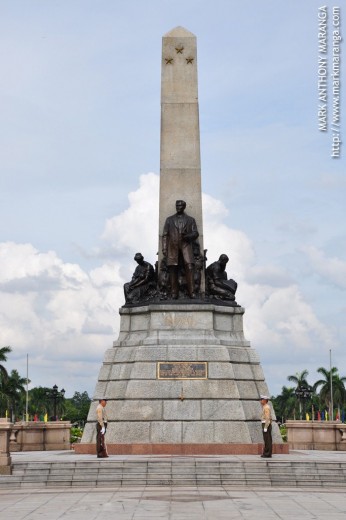

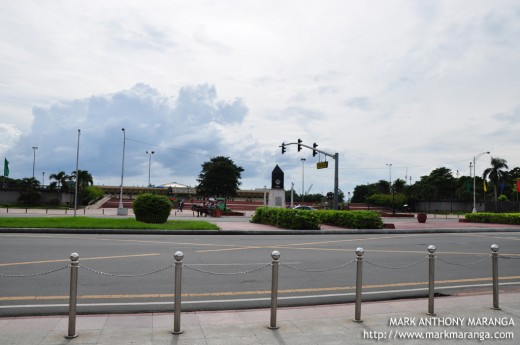
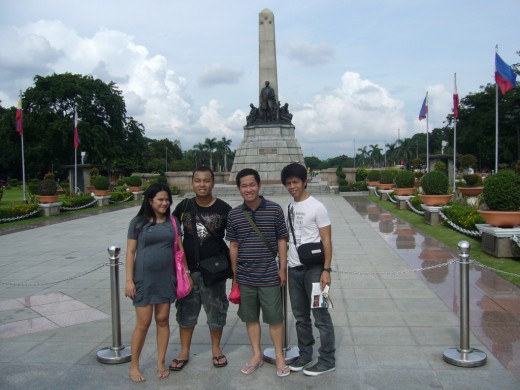
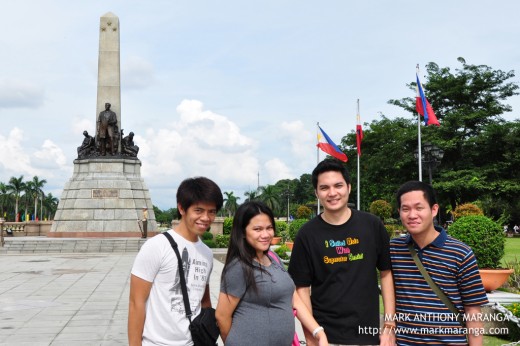
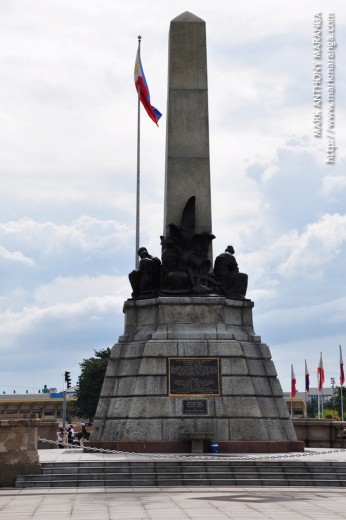
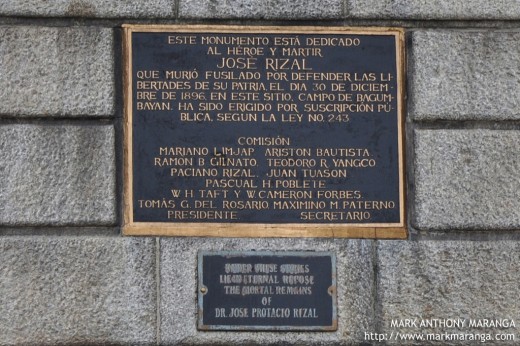
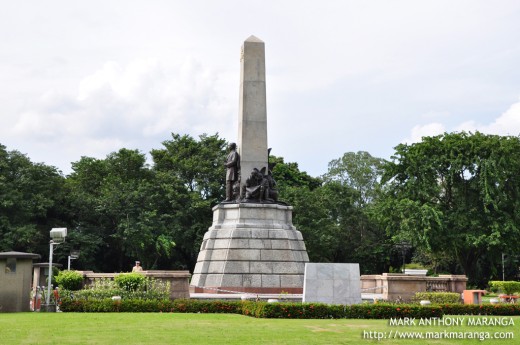
 Mark Anthony Maranga is an Educator-Parent to his 3 Homeschooling Kids. He sells
Mark Anthony Maranga is an Educator-Parent to his 3 Homeschooling Kids. He sells 










this is a great site! i live in manila and never take the time to visit these places! but after reading your blog, i think i wanna visit the rizal monument!
Great site! I’ll use this for reference for the up-coming so called long holiday in Japan where there may be many Japanese flocking by last week of March here.